Paid verification has to be the most terrible idea to have come out of Elon Musk‘s mind palace since his takeover of Twitter. He said that he was giving “free speech” back to the people and that the old verification system was a system of “lords & peasants”. Obviously, this backfired and led to multiple impersonation accounts popping up.
What started as a trolling campaign caused serious damage in the real world. To understand how far the joke has gone, here are some brands and celebrities that were impersonated on Twitter, and some of the impacts that had on real-life companies.
Nintendo of America
One of the first brands that was impacted by impersonations was Nintendo of America. A fake verified account posted a photo of Mario, giving the bird on the blue bird app. While Nintendo impersonations were common for quite some time (looking at you, fake Shigeru Miyamoto), this post from the fake Nintendo account caused parents to complain to the head Nintendo office.
‘Roblox’
Speaking of video game companies, Roblox was also affected by impersonations. A fake account, claiming to be the official US branch of the game, announced they’d be adding sex to this child-friendly game. Obviously, this is not true, especially due to the game’s target audience. But some people fell for it, which helped the tweet go viral.
LeBron James
Famous basketball player, LeBron James, also had a fake verified Twitter account. The impersonator announced that he’s willing to swap teams and leave the Lakers. Obviously, that was not true, and people should have looked closer at the Twitter handle since it had a misspelling. The account was immediately suspended.
George W. Bush
For a more political stance, a fake George W. Bush surfaced when the paid verification system launched. This fake account posted “I miss killing Iraqis,” a reference to his foreign policy after the 9/11 attacks. In addition, a fake Tony Blair account replied to the post in agreement. Unfortunately for the user, the account was permanently suspended due to it violating Twitter’s rules.
The U.S. Department of Education
A fake Twitter account for the U.S. Department of Education posted that they’ve removed all student debt thanks to Elon Musk’s donation. While it was clear that the account was a parody, it was immediately hit with a suspension from Twitter itself. It seems like Musk is against giving debt relief to the younger generation.
Jesus Christ
The popular Jesus parody account finally got verified thanks to the Twitter Blue subscriptions. Oddly enough, news outlets caught on and criticized the account for “parodying” the Son of God. Here’s the thing though, this account predated the paid system existed. People knew this account existed, and it only took a blue checkmark for the news to find out.
Satan
Alongside Jesus, Satan was also verified. Just like Jesus, it only took a blue checkmark for the news to realize that someone is impersonating the devil himself. Unfortunately for this account, there was an older Satan impersonation account with the rare handle, @s8n. Regardless, it’s quite interesting that news outlets are attacking these religious impersonation accounts right after they got verified.
O.J. Simpson
Do you know what’s sad about this paid verified system? It’s that the fake accounts got verified first before the actual person does. This happened to O.J. Simpson when a fake verified account popped up and admitted to his crimes. Meanwhile, Simpson himself has never been verified since joining Twitter in 2019.
Donald Trump
It’s common knowledge that Trump was suspended from Twitter in 2021 and is now active on Truth Social. Before Trump got his account back, a fake account impersonating the former president popped up when the Twitter Blue subscriptions rolled out. Fortunately for the former president, there weren’t any reports of viral Tweets made by the account, and was immediately suspended. Conservatives now wonder when Trump would return to the site, especially with the 2024 election looming.
Nestlé
Nestlé was a huge brand that got tangled with this whole impersonation fiasco. The user released a tweet that called out the company for stealing water. While that sounded cartoonishly evil, that was unfortunately true, according to The Guardian. Nestle’s impersonation didn’t cause a massive impact compared to what happened to the next company down this list, however.
Eli Lilly
A fake Eli Lilly account caused the company millions in the stock market. The impersonator announced that they would be make insulin free, only for the real account to say otherwise. What made this fake tweet so convincing was its Twitter handle. It managed to make it look like the right spelling but changed one of the “L”s to the letter “I.” Despite its impact on the stock market, insulin is still expensive to purchase in America.
Elon Musk
Elon Musk was heavily affected by these fake accounts before the paid system came out. Celebrities such as Kathy Griffin changed their profile to look like Musk, only to be immediately suspended. This led to Musk adding a rule to make sure that their profile clearly indicates that they’re “a parody.” Unfortunately, when the paid system came out, fake Musk accounts increased.
Tesla
Aside from people making fun of Elon Musk, users created fake verified accounts of his company, Tesla. These accounts poked fun at his cars, criticizing them for being easily explosive. These accounts also made 9/11 jokes about the cars and compared the vehicles to Musk’s handling of Twitter. It was reported by users that Musk removed the paid verified system after the fake Tesla account was made. Turns out he didn’t want anyone to criticize his company.
Twitter’s paid verification was a mess, and after things went too far, Musk pulled the program and announced that a new system would be coming out soon. There is a reason why verification is important and why no one should be able to get it for $8. If everyone has it, it makes it harder for anyone to figure out who is who and will have real-life implications if a joke goes too far.

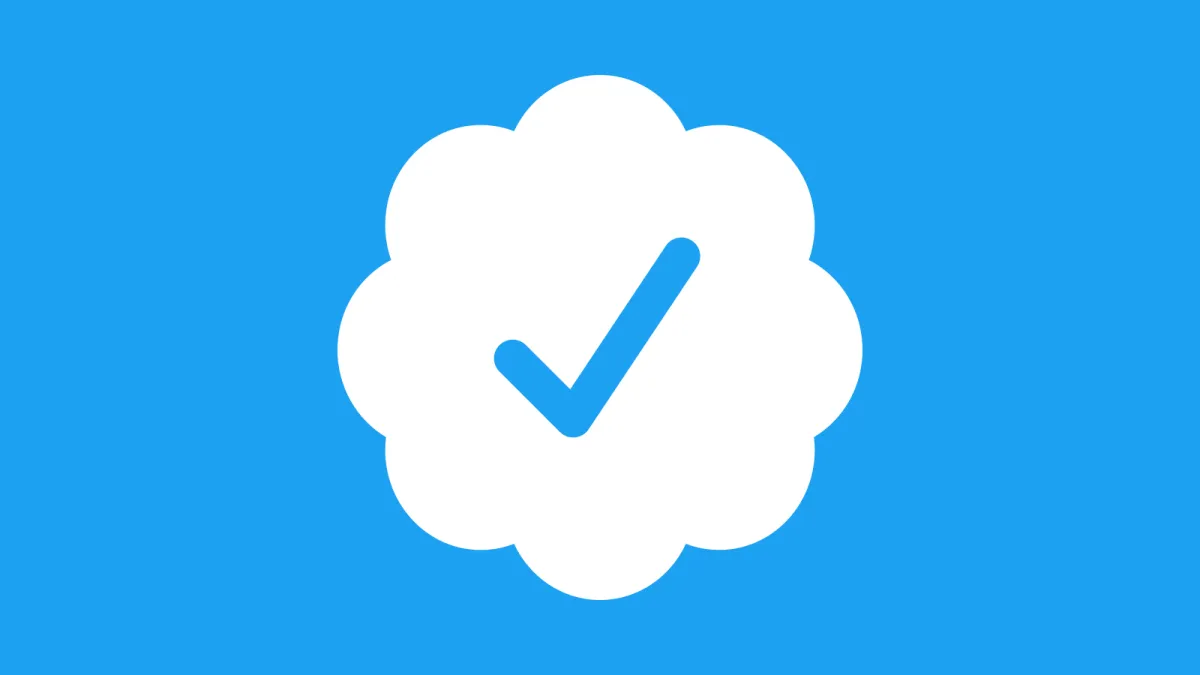
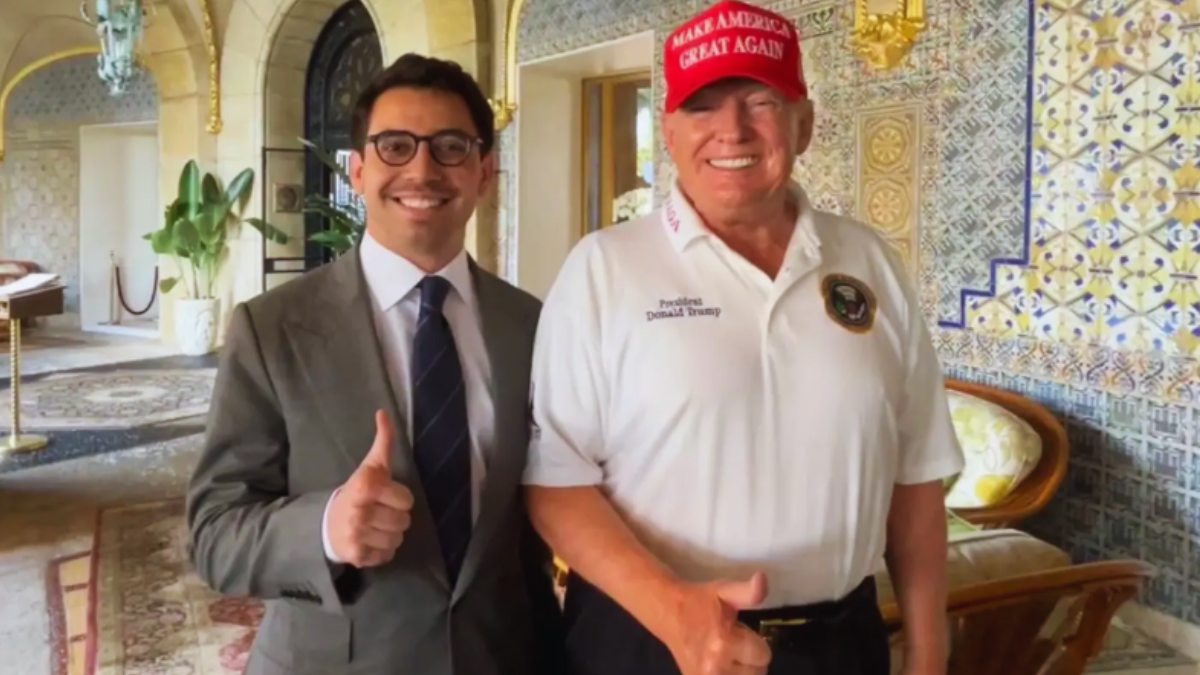
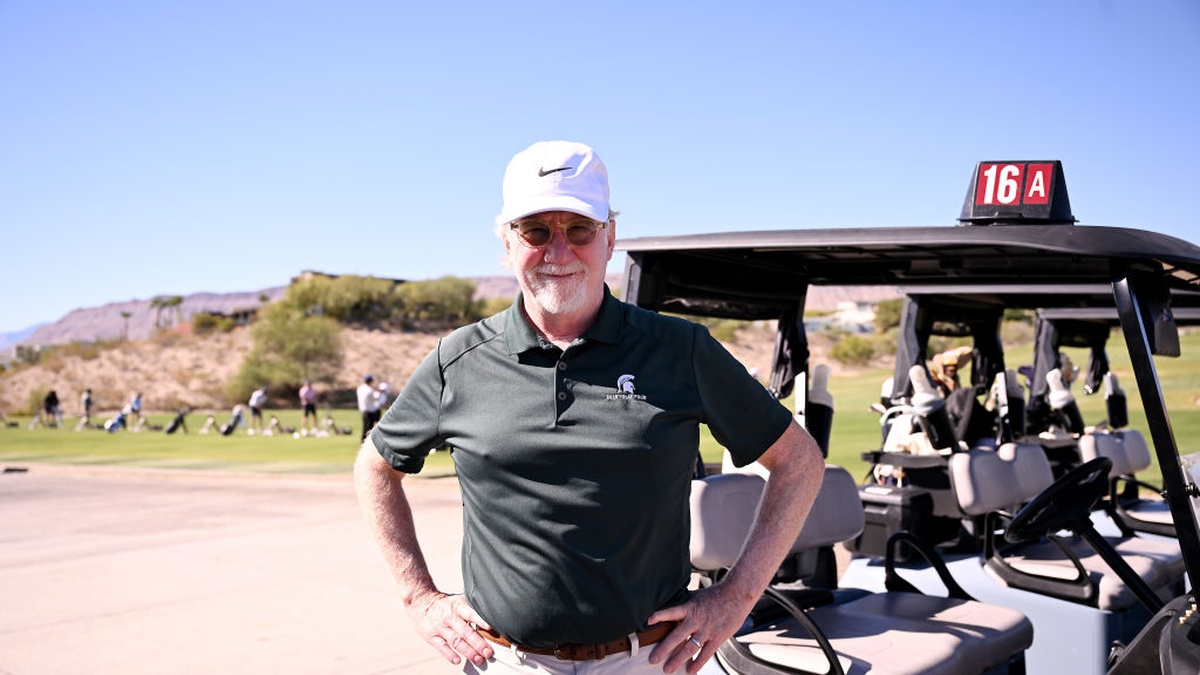
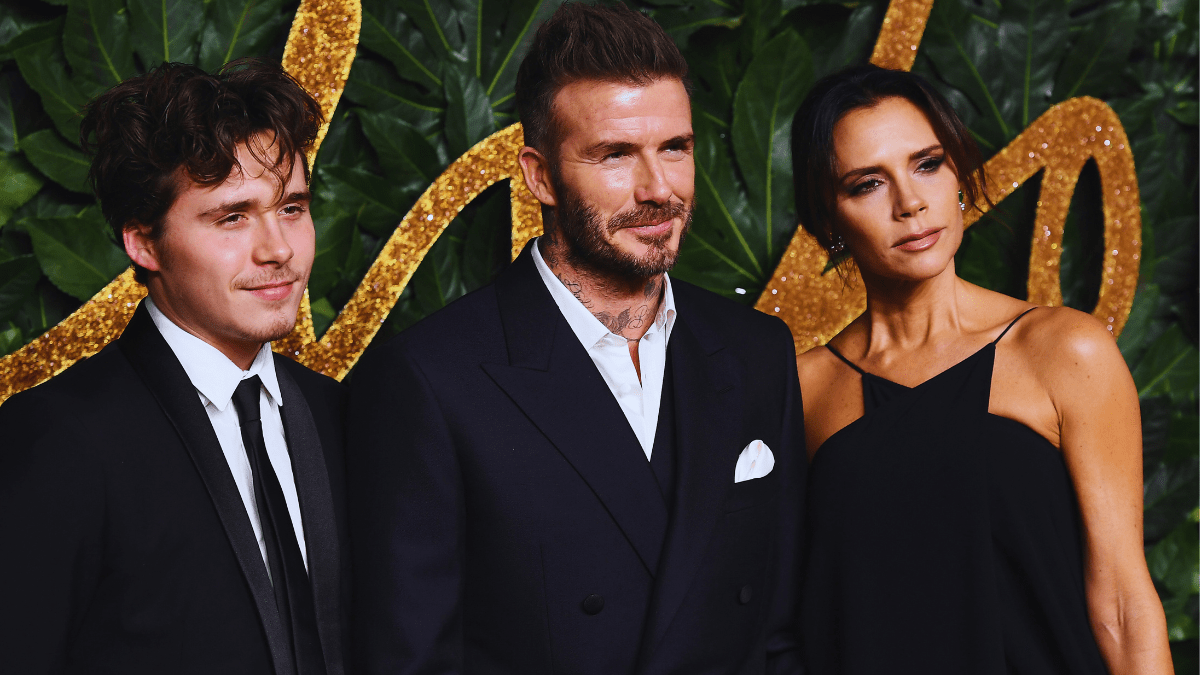
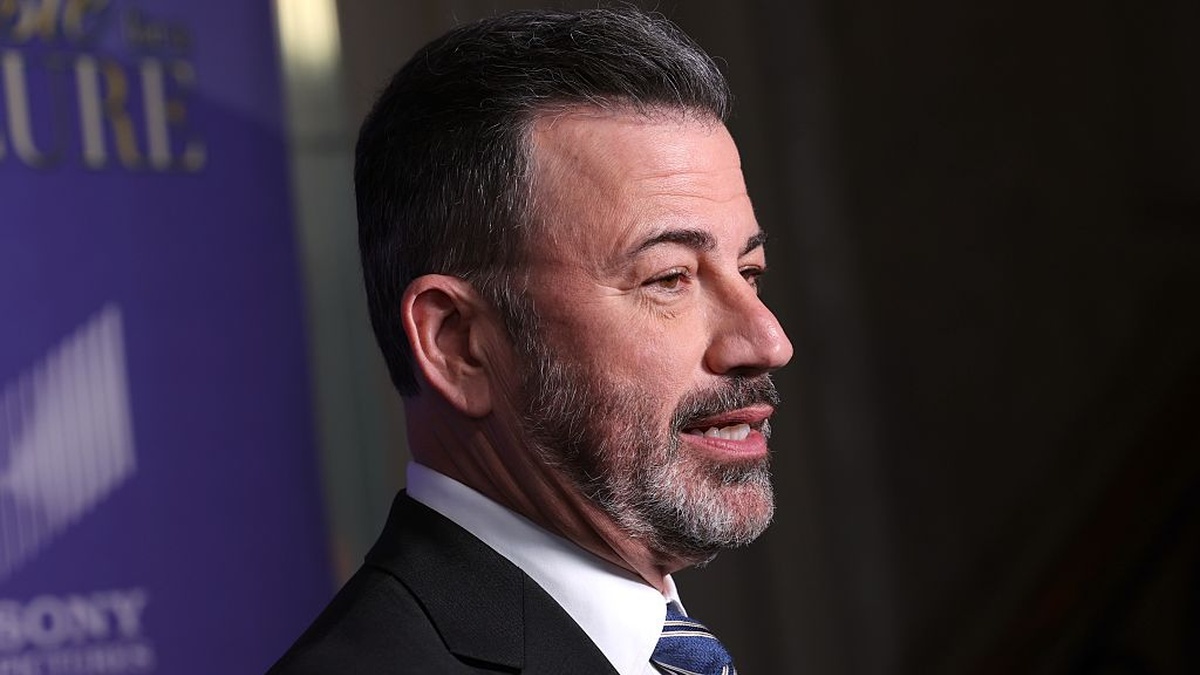
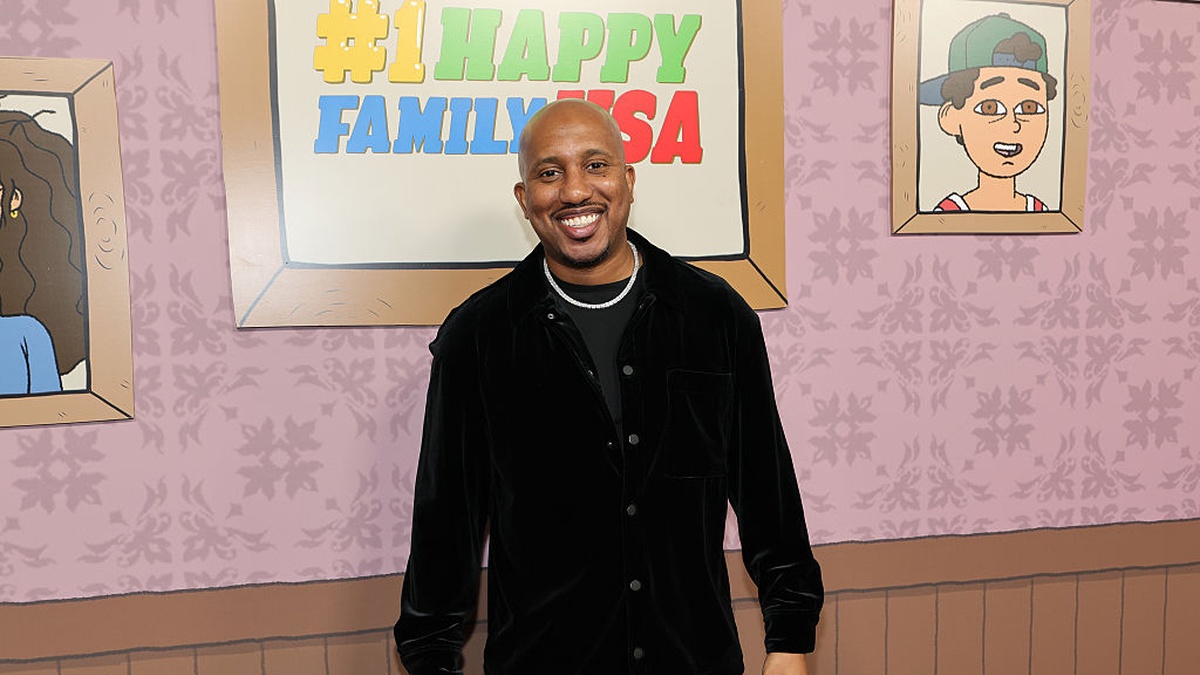

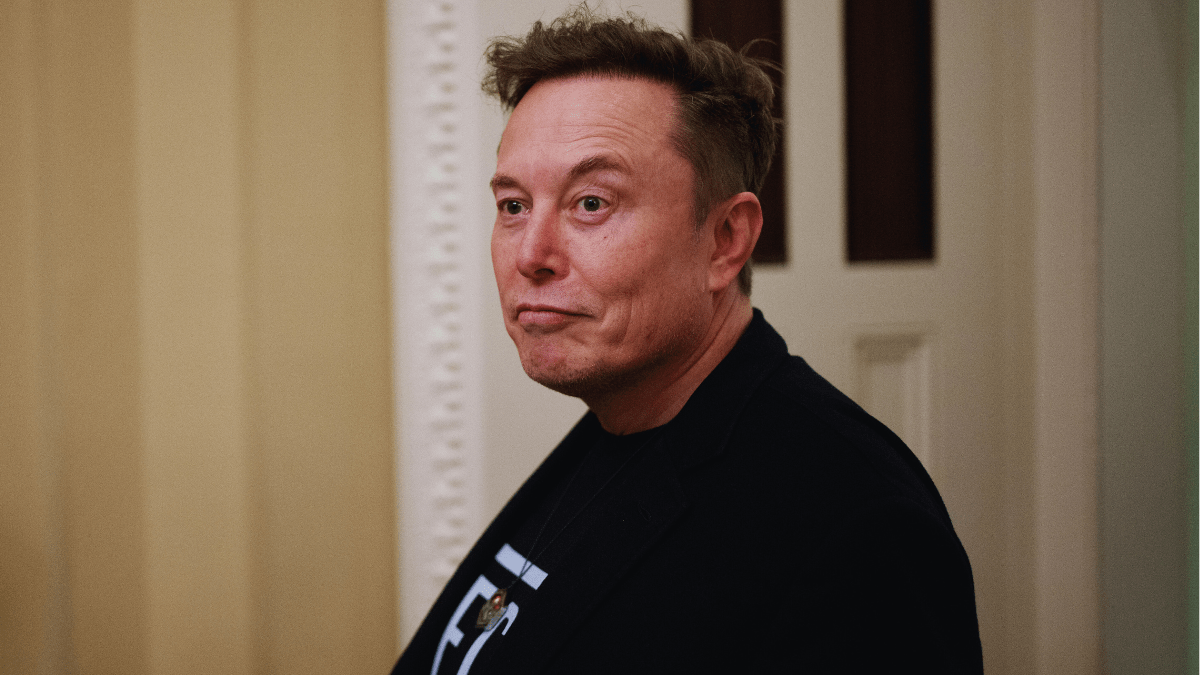
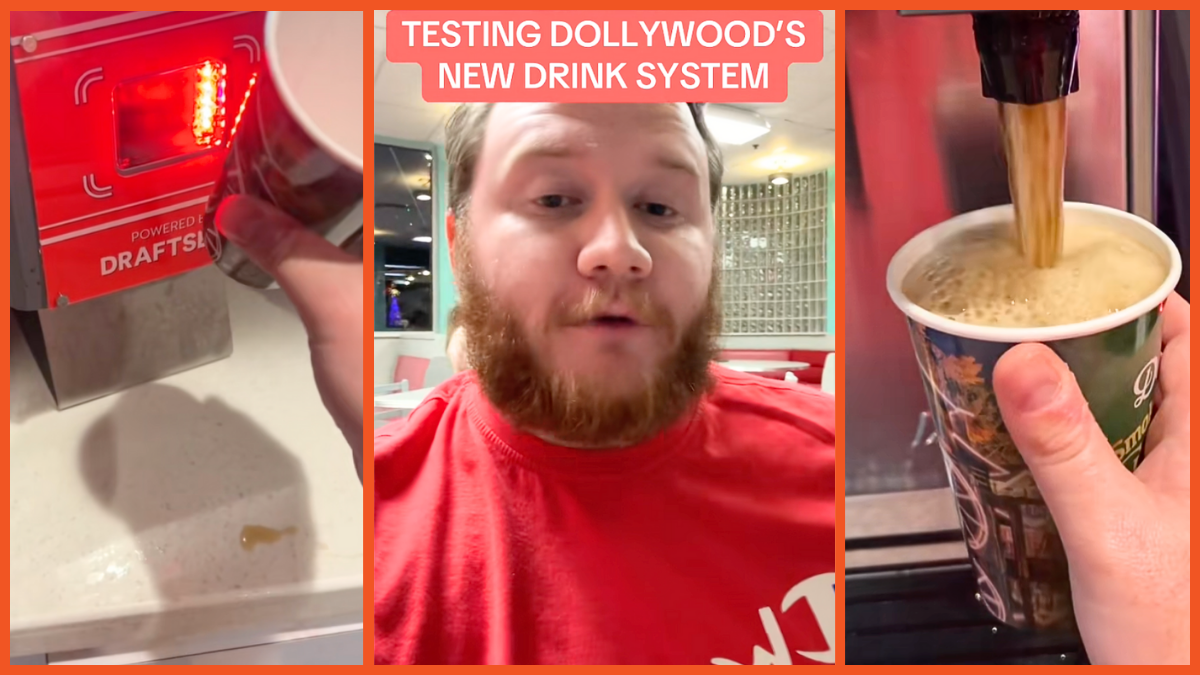
Published: Nov 18, 2022 01:35 am